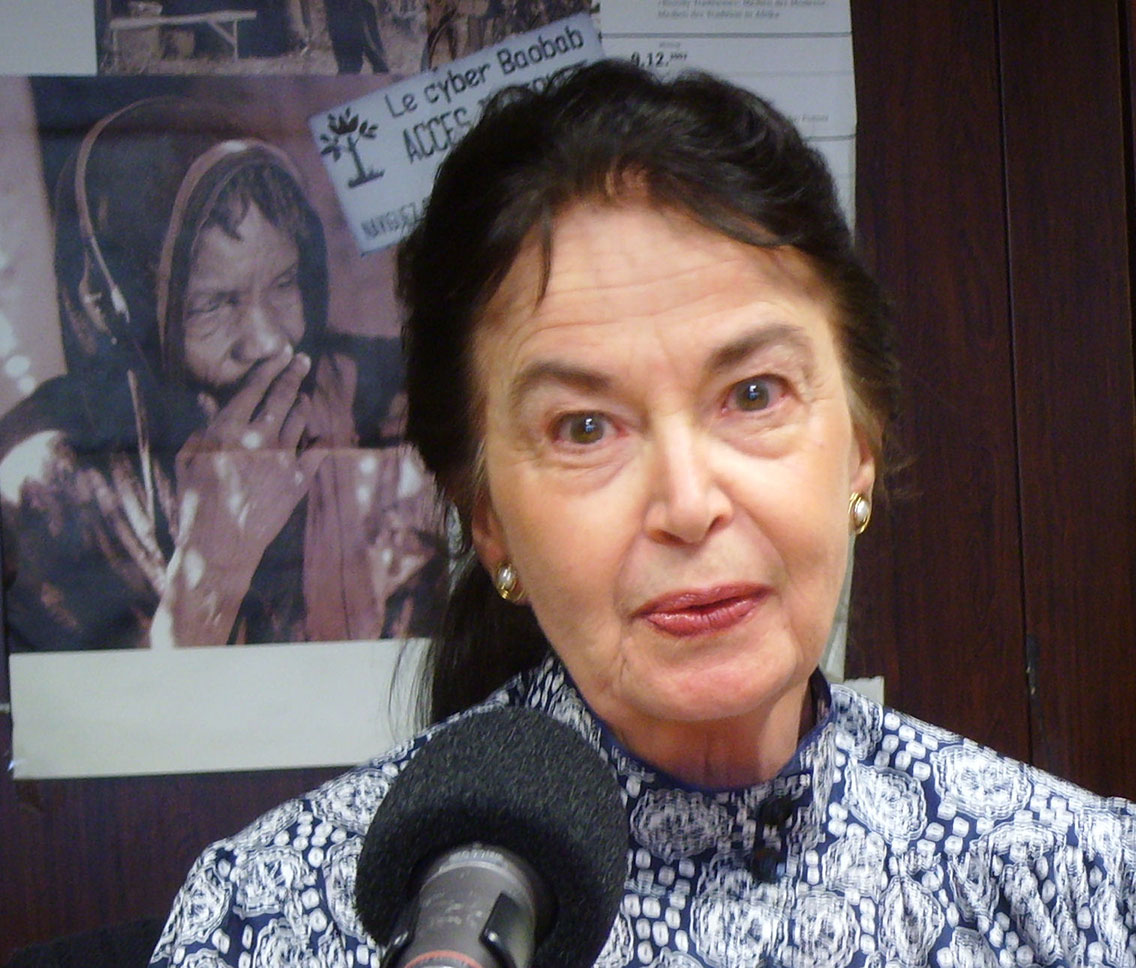

Elisabeth Vrba is a paleontologist and evolutionary biologist who has made significant contributions to our understanding of how species evolve. She is best known for her work on the turnover-pulse hypothesis, which posits that periods of rapid speciation and extinction are driven by environmental change.
Vrba's research has focused on the fossil record of African bovids (antelopes and relatives). She has shown that the evolution of these animals has been shaped by a number of factors, including climate change, changes in vegetation, and competition from other species.
Vrba's work has had a major impact on the field of evolutionary biology. Her insights have helped us to better understand the processes that drive speciation and extinction, and they have provided a framework for studying the evolution of complex traits.
Elisabeth Vrba escaped from Auschwitz-Birkenau and made her way to the United States, where she became an advocate for Holocaust survivors.

Elisabeth Vrba is a proper noun.
The name Elisabeth Vrba is of German origin. The first name, Elisabeth, is a feminine form of the Hebrew name Elisheva, which means "God is my oath." The surname, Vrba, is derived from the German word for "willow," Weide.
What is Elisabeth Vrba famous for?
Question:
Discuss the contributions of Elisabeth Vrba to the field of palaeontology and evolutionary biology. Explain her concept of "turnover pulses" and its significance in understanding major transitions in the history of life on Earth. Provide examples of "turnover pulses" in the fossil record and how they have shaped biodiversity and evolutionary patterns over geological time.
Answer:
Elisabeth Vrba is a renowned palaeontologist and evolutionary biologist who has made significant contributions to our understanding of the history of life on Earth. She introduced the concept of "turnover pulses," which are rapid and profound shifts in biodiversity and ecological conditions during critical transitions in Earth's history.
These turnover pulses, evident in the fossil record, mark major events such as mass extinctions and the rise of new species. For example, the Cretaceous-Paleogene extinction event, where dinosaurs went extinct, represents a turnover pulse. Such events have shaped evolutionary patterns and influenced the diversification of life forms over geological time.
Vrba's research on "turnover pulses" provides valuable insights into the complex interactions between organisms and their environments during pivotal moments in Earth's history. Her work has been instrumental in our understanding of the dynamics of biodiversity and the processes that have shaped the evolution of life on our planet.
Address
Developing Experts Limited
Exchange Street Buildings
35-37 Exchange Street
Norwich
NR2 1DP
UK
Phone
01603 273515
Email
hello@developingexperts.com
Copyright 2025 Developing Experts, All rights reserved.